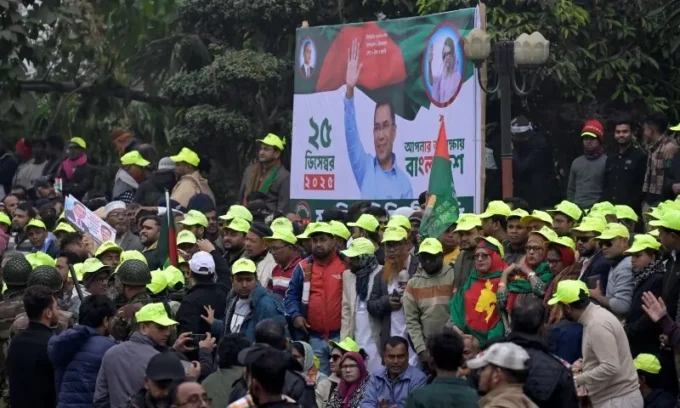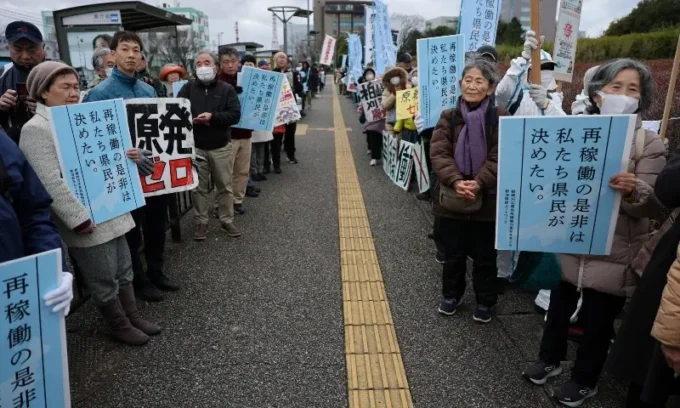Japanese Prime Minister Shigeru Ishiba and Indian Prime Minister Narendra Modi reignited the Mumbai-Ahmedabad bullet train project—a symbolic highlight of their recent bilateral summit. Japan’s famous Shinkansen technology, now heading to its second export destination after Taiwan, signifies the centerpiece of an evolving India-Japan partnership. Indian train drivers training in Japan further reinforce the growing strategic relationship.
The summit—spanning August 29 to 30—was driven by shared concerns over geopolitical uncertainty. In their joint summit document, both leaders stressed a mutual interest in safeguarding and developing “next-generation” sectors such as semiconductors, steel, critical minerals, AI, and clean energy.
A total of 170 Memorandums of Understanding (MOUs) were signed, including pacts in defence cooperation. Japan has pledged 10 trillion yen in private investments in India over the next decade, a twofold increase over its 2022 commitment. Meanwhile, India offers a competitive advantage through low-cost production and abundant skilled talent—particularly attractive to Japanese firms grappling with a shrinking domestic market and workforce.
One significant strategic initiative introduced by PM Ishiba at an African development summit is the proposed “Indian Ocean–Africa Economic Zone”, which positions India as a regional hub for Japanese access to emerging African markets.
Despite the optimism, Japan’s investment in India has lagged behind Southeast Asia in recent years. While FDI into ASEAN surged to $28.7 billion in 2024, investment into India stood at just $5.3 billion. Analysts note that regulatory frictions—including India’s restrictions on Chinese components critical to Japanese supply chains—have dampened investor confidence.
Still, Japanese companies remain interested—three in four export-oriented Japanese firms in India plan to expand. India is responding with business reforms, more integrated manufacturing frameworks, and institutional collaboration. 此 geoeconomic and strategic alignment is increasingly viewed as a buffer amid growing uncertainty in global supply chains and trade.















Leave a comment